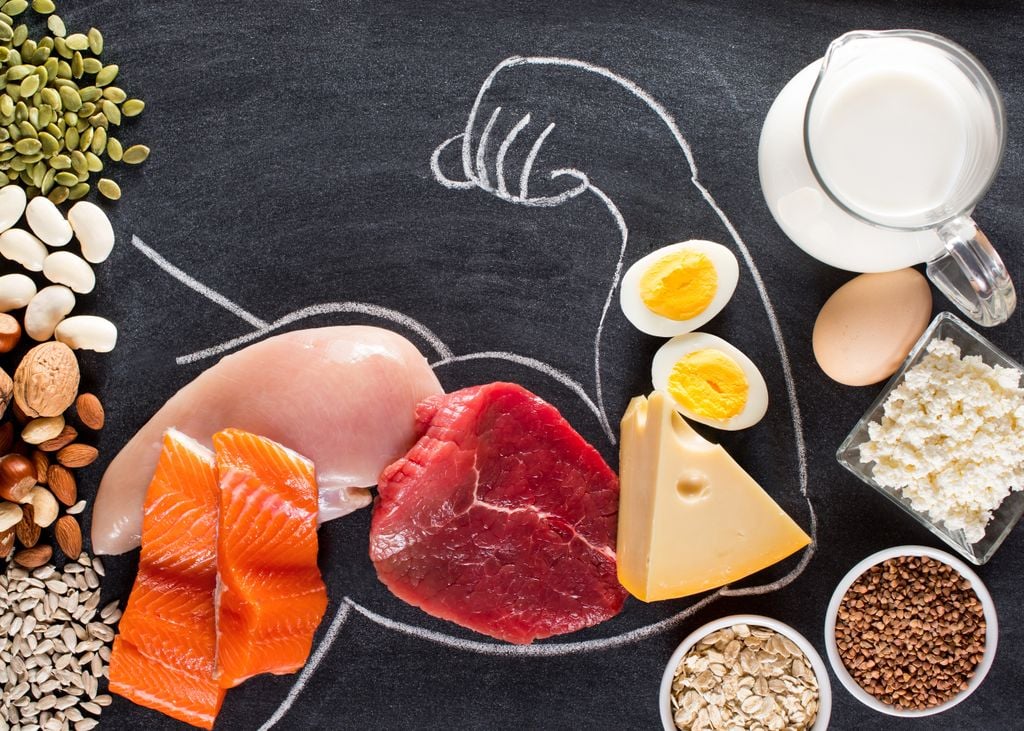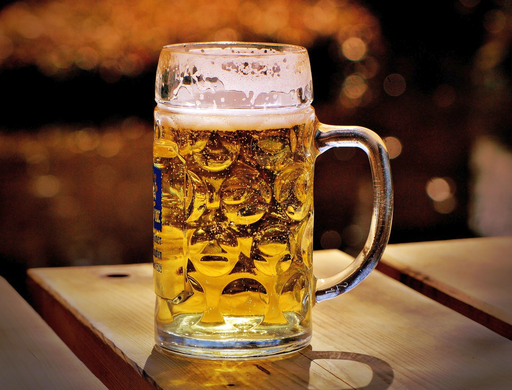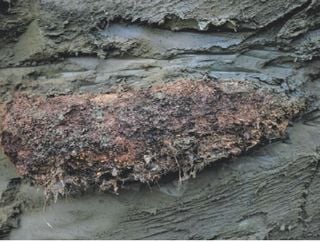No More Protein, No More Meat? Study Finds Muscle Gains Don't Depend on Protein Type or Meal Timing
A new study reveals that building muscle doesn't depend on whether you eat animal or plant-based protein—or how you space meals—if your protein intake is adequate.

The long-held belief that meat-based protein is superior for muscle growth may soon be outdated. A new University of Illinois study finds that when it comes to building muscle during strength training, the type of protein—vegan or animal-based—makes no significant difference. The research also showed that how you space your meals or time your protein intake throughout the day doesn’t really matter either.
Plant vs. Animal Protein: New Study Finds Both Build Muscle Equally Well
For years, experts believed that animal-based proteins were more effective at building muscle than plant-based ones. This idea stemmed from earlier studies showing that, after a single meal, animal proteins spurred greater muscle protein synthesis (MPS).
However, research led by Dr. Nicholas Burd and Andrew Askow from the University of Illinois found that over time, consuming either a varied vegan or meat-based diet didn't make any noticeable difference in muscle growth.
The research involved 40 healthy adults aged 20 to 40 years. Participants followed strictly monitored vegan or omnivorous diets that provided adequate and balanced protein.

Contrary to expectations, muscle biopsies revealed that MPS rates were nearly identical between vegan and omnivore groups after nine days of training.
Protein Timing Doesn’t Matter Either, Study Finds
The study, published in the journal Medicine & Science in Sports & Exercise, also tested whether evenly distributing protein across meals versus concentrating it later in the day made a difference. Some participants consumed five smaller protein servings throughout the day, while others followed a traditional three-meal pattern with protein weighted toward the evening.
You can skip the chicken. Just dont skip leg day.
— Paul Shapiro (@PaulHShapiro) April 22, 2025
️️ New Univ of Illinois study: plant or animal protein = same muscle gains.
pic.twitter.com/skC0PdoU7y
The researchers were surprised to find no significant difference in MPS based on when or how often protein was consumed. Whether participants ate plant-based or animal-based protein, and regardless of how it was spaced out, the muscle-building effects were the same. As long as daily intake met moderate needs—about 1.1–1.2 grams of protein per kilogram of body weight—muscle development stayed steady.
A Closer Look: Real Diets Over Single Meals
To mimic real-life eating patterns, participants stuck to whole-food diets for nine days while drinking deuterated water to trace protein use in the body. Muscle biopsies were taken at the beginning and end to directly measure changes in MPS.
Unlike earlier studies that examined muscle response after a single meal, this research took a broader, more realistic approach. Burd noted that one-time snapshots don’t always capture the full picture—especially when assessing the longer-term effects of a consistent, balanced diet. What we eat on a daily basis has far more influence than just one post-workout shake.
When it comes to fueling muscle growth, Burd says the key is making sure you eat after exercising. Whether you prefer tofu or turkey, consistency is what counts. Stay active, meet your protein needs, and your muscles will handle the rest.
News reference:
Askow, A. T., Barnes, T. M., Zupancic, Z., et al. (2025). Impact of vegan diets on resistance exercise-mediated myofibrillar protein synthesis in healthy young males and females: A randomized controlled trial. Medicine & Science in Sports & Exercise. https://doi.org/10.1249/MSS.0000000000003725








